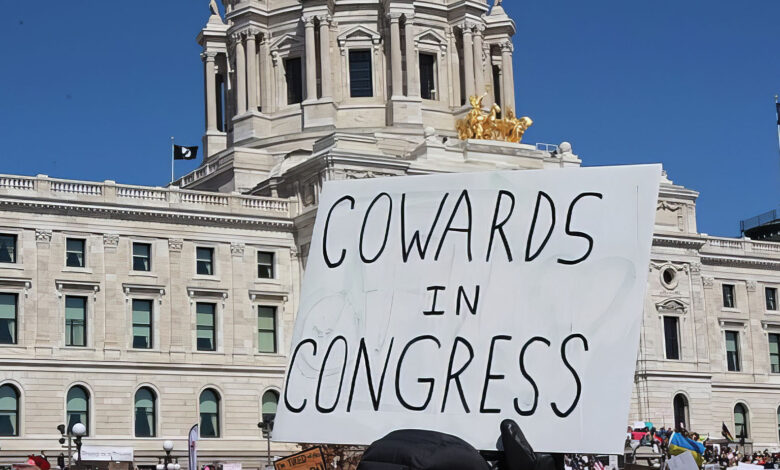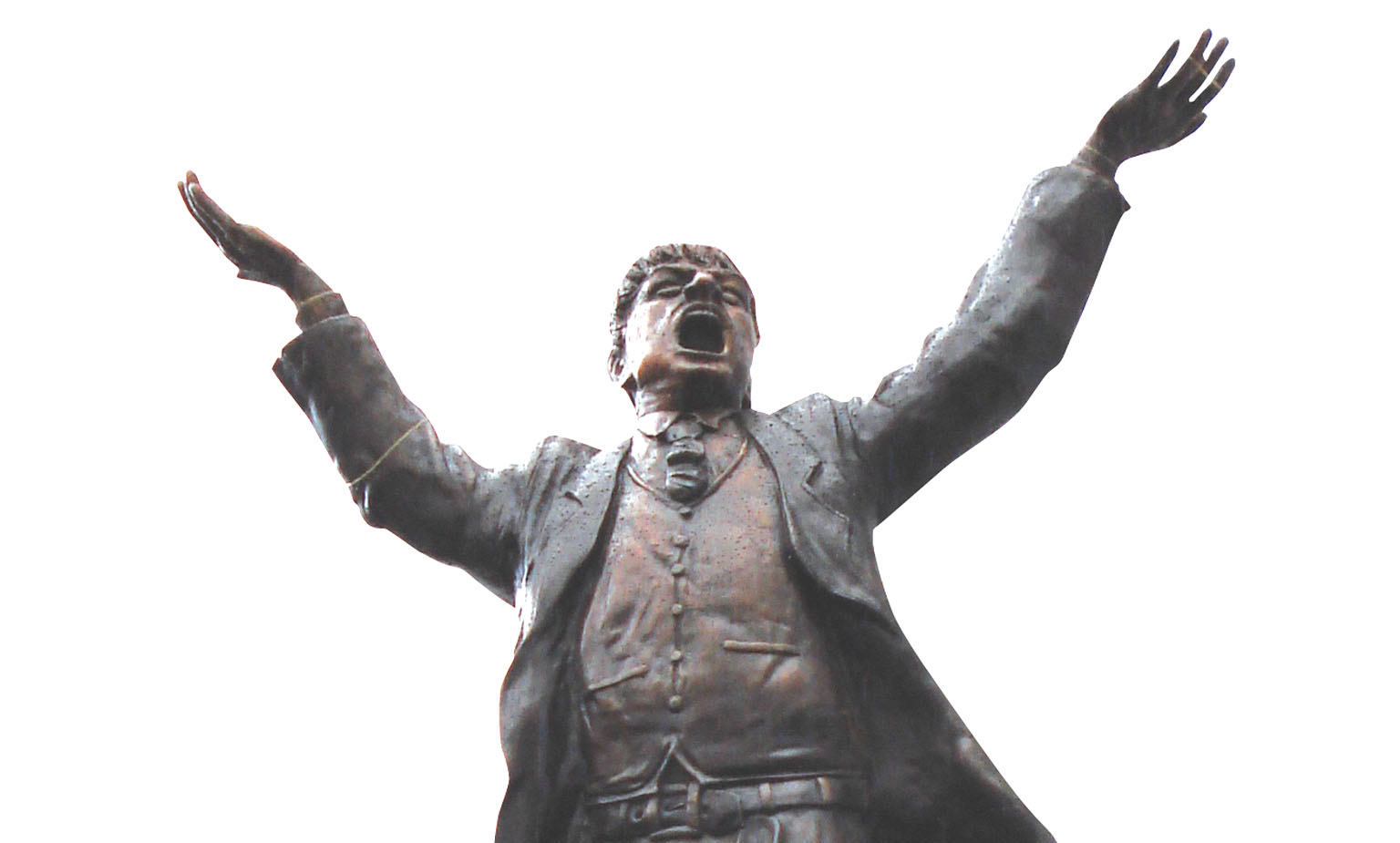TRADE UNION DESK: Collective defence

John O’Farrell from the Irish Congress of Trade Unions advocates for a strong trade union movement in the light of crackdowns in the United States in the tech sector, which were supported by the new US administration.
At the beginning of Donald Trump’s first attempt to thrash American democracy in December 2016, this column noted: “Populism hates free trade unions, those who dare to represent the ‘people’ while they are working. Not co-incidentally, this loathing of ‘alien’ organised labour tends to support the local oligarchs who fund these regimes, all of which have a direct correlation between petty repression and distain for the rule of law with soaring inequality and crony capitalism.”
Well, eight years later the ‘People’s Plutocrats’ are back and have a long list of enemies to purge. It ought not to be surprise that the Silicon Valley ‘Broligarchs’ lined up behind Trump have a chequered history with workers’ rights, and one of their first targets for government efficiency would be the National Labour Relations Board (NLRB).
This is the US federal equivalent of the Labour Relation Agency or the Industrial Court, and you will not be surprised to hear that Amazon, Meta, and X have all been humiliated, admonished, and fined by the NLRB. This is something these champions of free speech cannot tolerate.
For example, in November 2024, the NLRB ruled that Amazon “violated the National Labor Relations Act by requiring employees under threat of discipline or discharge to attend meetings in which the employer expresses its views on unionization”. Amazon were also found by a US safety regulator to have “injury rates for warehouse workers that are on average close to twice as high as the company’s competitors and in one case five times higher”. It is not only democracy which dies in darkness.
In July 2024, the NLRB threw out Meta’s “non-disparagement and confidentiality agreements with over 7,200 former employees. It turns out that barring workers from criticising a company can have an unlawfully negative effect on their ability to unionise”.

Elon Musk has a long history of losing cases involving workers’ rights and has doggedly and expensively tried every method of keeping X, Tesla and Space X union-free, like 94 per cent of the US private sector. The NLRB backed eight Space X employees who said they were fired in retaliation for speaking critically of Musk.
Within a couple of weeks of his inauguration, Trump fired NLRB board members “leaving it without the quorum it needs to function”. The next step was to “end collective bargaining for a million federal employees and scrap union contracts nearly that number, while attacking their unions as “hostile” merely because they were doing what unions are supposed to do: battling to save the jobs of tens of thousands of union members whom Trump and Elon Musk had summarily fired.”
Why do plutocrats hate collective bargaining? Because it works. Ryanair took unions to the Irish supreme court over a decade ago to stymie collective bargaining and the Tories did their best to dismantle public sector collective bargaining since 2010.
Now, the mood has changed, and Trump and Musk are outliers, in this as in so much else. Biden supported collective bargaining with his Green New Deal funding, and since 2018 the OECD has advised governments to recognise the importance of social dialogue and collective bargaining, to improve employment growth, labour market inclusiveness, and job quality. The EU has adapted those arguments in a directive which requires member states to promote collective bargaining.
Academic studies show that trade unions make a real and positive difference in workplaces. They improve workers’ pay, terms and conditions; enable access to skills, training and access to the workplace; promote equality, fairness, and social cohesion; ensure safer working environments; and reduce workplace conflict which means savings to the employer and the public purse – according to the LRA, workplace disputes cost Northern Ireland £1 billion each year.
Starmer’s government has collective bargaining as the core of its ‘New Deal for Working People’. What is coming to the Westminster Parliament is coming here too, in the shape of the ‘Good Jobs’ Employment Bill, which will hopefully start its legislative journey through the Assembly after being endorsed by the Executive.
Our devolved settlement includes the power over employment rights. It is the choice of the MLAs we elect to walk with the trend across Europe and the rest of the UK for greater collective bargaining or run with the weirdos trying to ban it in America.


